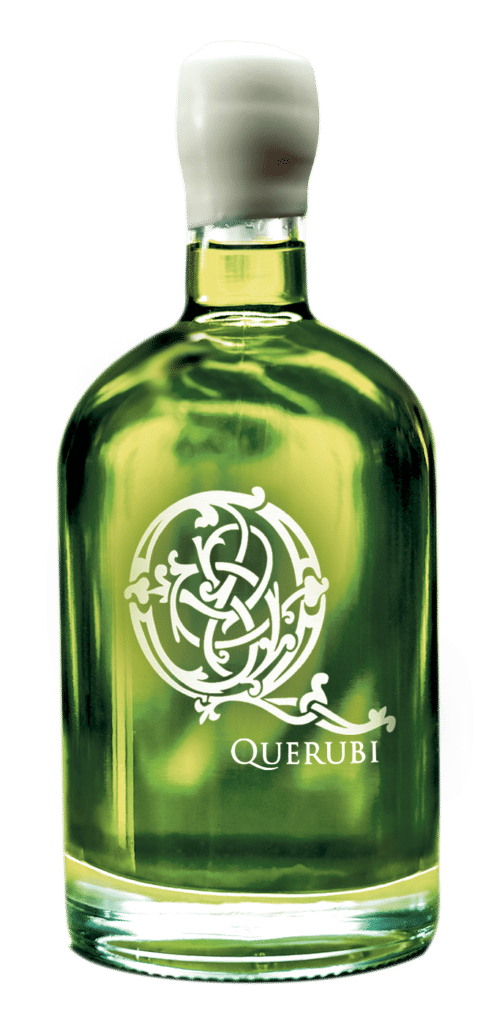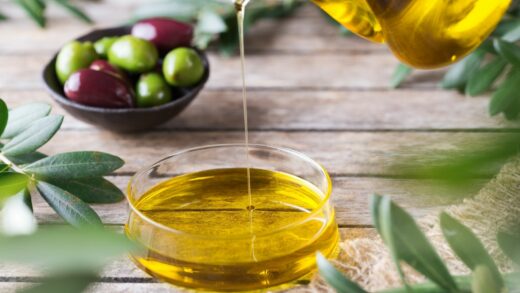Olive oil is an ingredient found in almost every recipe, especially in the kitchen. While everyone knows the health benefits of olive oil and its use in cultures around the world, many of us are not sure what a quality olive oil should taste like. In addition to determining the taste of your food, quality also has an impact on your health.
The best way to ensure that you are using a quality olive oil is to pay attention and make sure it doesn’t show any signs of oxidation. If your olive oil is too old or oxidized, it will lose its health benefits. By consuming a poor quality oil, you will miss out on its taste, but also on its benefits. Discover our advice on how to recognize a quality olive oil, for your cooking, skin care, hair care, or even for your nails.
The qualities of a good olive oil
The best way to enjoy a good olive oil
Olive oil is a versatile ingredient. It can be enjoyed on its own, but it can also be mixed with other ingredients to create new, creamy flavors! For the best tasting olive oil, start by pouring a little into an espresso cup or shot glass and then covering it with the palm of your hand. Then enjoy a sip.
Quality olive oil is fruity
Olive oil is a versatile cooking ingredient that can be used in savory recipes. It should have fruity notes, which come from black olives or green olives, depending on the type of olive you use.
A good olive oil should taste fresh, rich in flavor with fruity notes and a light texture on the palate; you should not feel any oily residue when drinking it.
Quality olive oil is bitter
The best olive oils are rich in bitterness, and this is the main characteristic of a quality olive oil. The key to finding this flavor depends on how ripe the olives were when they were picked; riper olives produce richer oils than those from less mature trees.
Quality olive oil is pungent
The peppery taste of an olive oil is synonymous with a quality olive oil. The slight peppery taste in the back of the throat comes from the antioxidants present, which disappear after a few seconds without leaving a lasting impression on the taste buds.
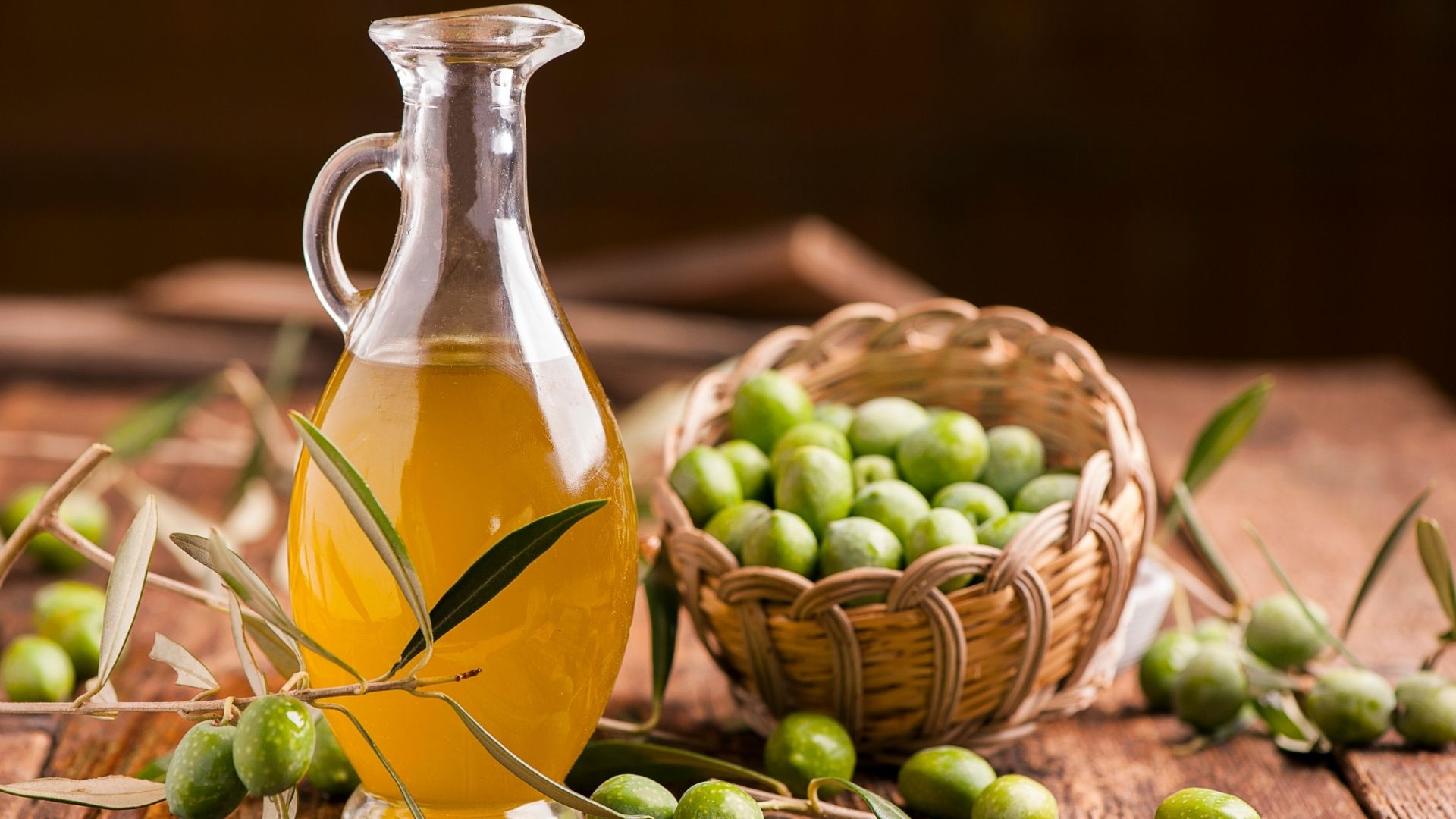
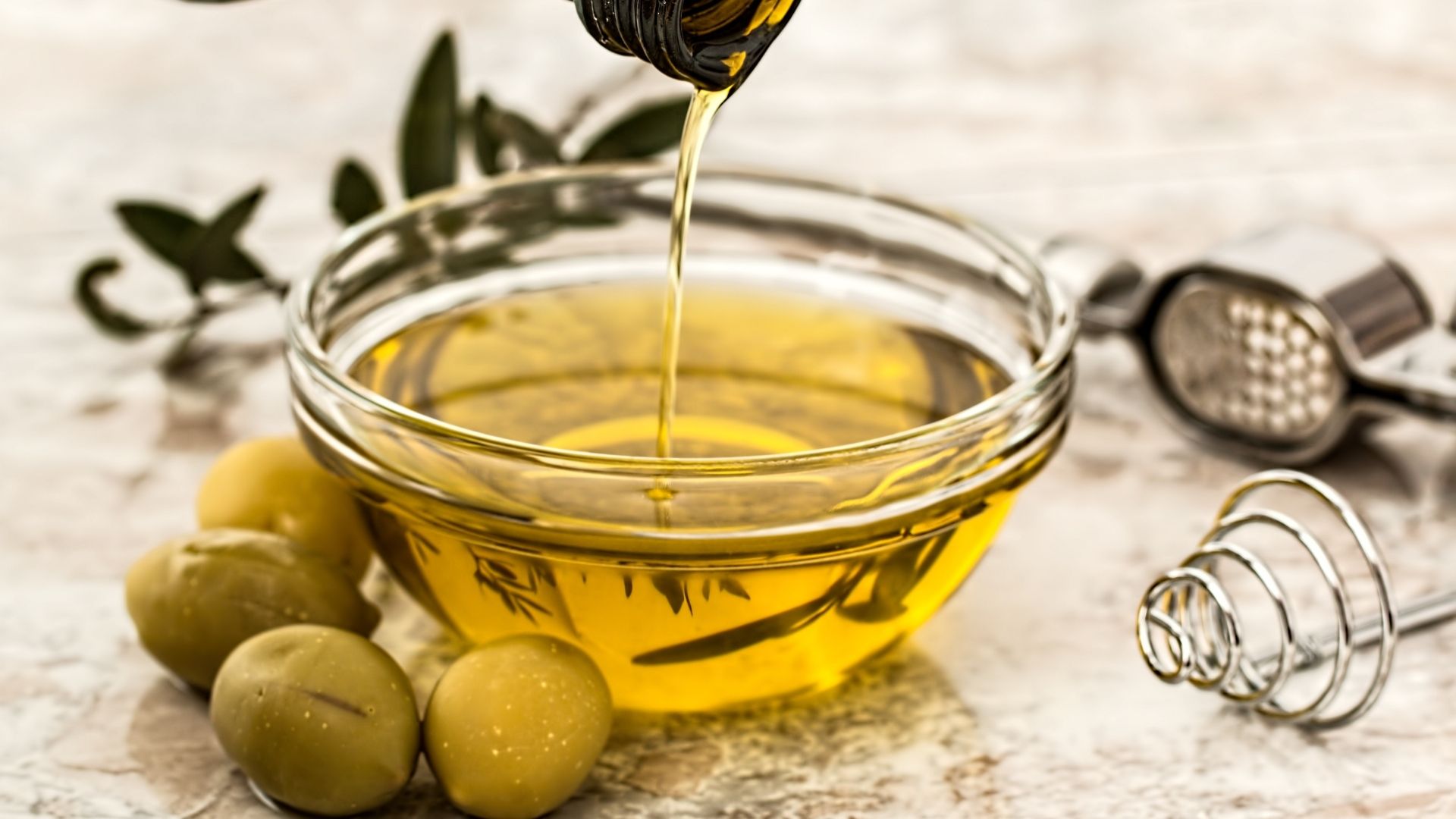
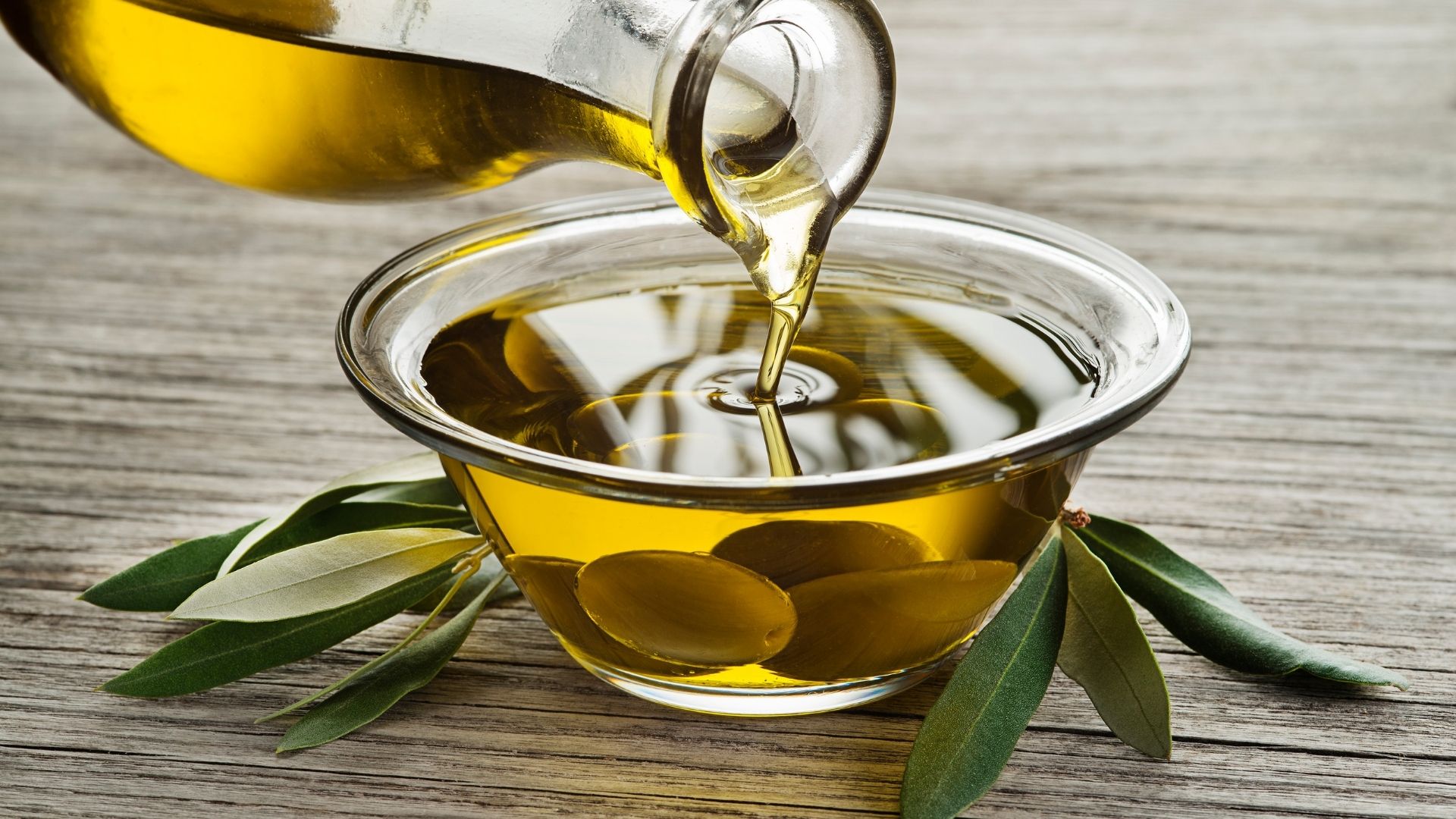
How to recognize the taste of a bad olive oil ?
In order to truly appreciate the quality of an olive oil, you need to know what a bad tasting oil tastes like as well.
A swampy taste
The wet, earthy aftertaste often associated with a “sweaty socks” smell is caused by olives that have been left in a pile for too long and have fermented. While this taste may be fairly obvious at first, it can become more subtle over time until it is more pronounced.
A musty taste
This is unfortunately what happens when the olives have been stored for several days in a humid environment and have developed yeast and fungus. The oils are not unfit for consumption, but they are sorely lacking in flavor.
A wine smell
Indeed, you may be surprised to learn that olive oil can have a wine-like quality. This is due to the way the olives are treated during the fermentation process, which is not always considered an indication of high quality products.
A metallic taste
The metallic taste in your mouth is a direct result of improper storage on an aluminum surface. This can lead to permanent stains and tastes that are noticeable after only a few seconds, but there’s no way to tell because producers are not required by law to list the manufacturing methods on the label. To anticipate this issue, take the time to read your bottle label.
A rancid smell
The most common criterion is olive oil that has gone rancid due to poor preservation during the manufacturing process. The fatty acids react with enzymes and break down, leaving a rancid taste in your mouth. Cooking with rancid olive oil is not worthwhile, even for cooking your food.
A very low price
The cost of producing olive oil is high, so when prices are too low, it’s a sign that producers have been inefficient in their work. The price of a good quality extra virgin olive oil is always above 10 €.
What type of olive oil should I choose?
The best olive oil you can taste is extra virgin. Its cold extraction preserves all its qualities and contains the highest level of healthy polyphenols, as well as the highest nutritional value. In addition, the most important thing to consider when buying olive oil is the date of harvest and manufacture.
Unlike wine, which can benefit from being stored in a corked bottle for years before being sold, extra virgin oils lose their flavor; it is best to buy your olive oil as fresh as possible.
Discover our organic extra virgin olive oil from France
